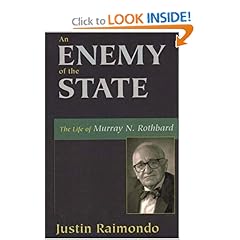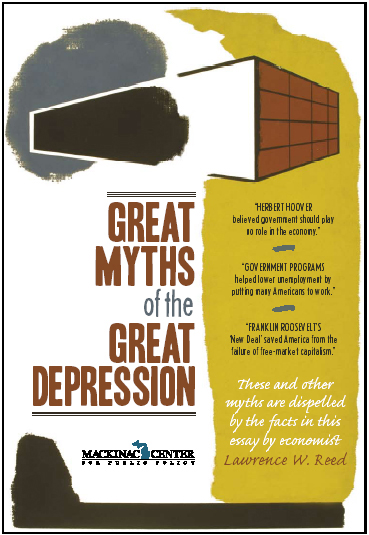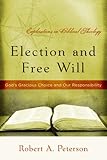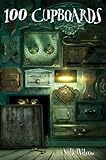 I am reading book, written by one of my favorite political columnists, and enjoying it immensely. Naturally, I want to write a big long review and know I’ll never have time. So here are a couple of revelations that shocked and awed me.
I am reading book, written by one of my favorite political columnists, and enjoying it immensely. Naturally, I want to write a big long review and know I’ll never have time. So here are a couple of revelations that shocked and awed me.
It all goes back to Ayn Rand (or to Nietschze)
I thought I knew all about Rothbard’s problems with the Ayn Rand Cult, but there was stuff here that was new and some that was totally breathtakingly unexpected. I should have figured that Rand, through Nathaniel B-Rand-en as he renamed himself (all incorporating themselves into Her Rationality’s first typewriter brand name), had used counseling as a weapon. There would be show trials for nonconformists where all private information was used as evidence. Rothbard had been fooled into submitting to Branden’s treatment as a cure for his travel phobia. His betrayal and the resulting emotional turmoil must have been immense. But what was totally new to me is that one of the doctrines (!) that Rand accused Rothbard of believing was in free will! This was later than 1950. She became a doctrinaire preacher of free will by the time she wrote Atlas Shrugged, but before she thought that anyone who believed in free will was “insane.” The impact of Thus Spake Zaruthustra on her thinking was greater than I ever knew (or that any Randian would admit to).
Rushdoony and the Implosion of the Volcker Fund
I was surprised that Rushdonny had this kind of influence. After reading this I found it mentioned on the web:
The Volcker Fund collapse in 1972 [I think 1962 is what he meant] and destroyed a whole basis of libertarian scholarship. The president was a follower of R.J. Rushdoony, who at the time was a pre-milleniallist Calvinist, later converting to postmillenialism. He has sent me a Rushdoony book, which I blasted. Combined with other reviews, he became convinced that he was surrounded by an atheist, anarchist, pacifist conspiracy to destroy Christianity. so he closed down the Volcker Fund in early 1962. It was a great tragedy. L14S was supposed to be established with the $17 million from the Volcker Fund to be an endowed think-tank, publishing books, sponsoring students, funding research, and holding conferences.
If those two snippets of information are as fascinating to you as to me, then you have found a home on this blog.
Eventually, I will review this at my Goodreads site, and probably write more here.






